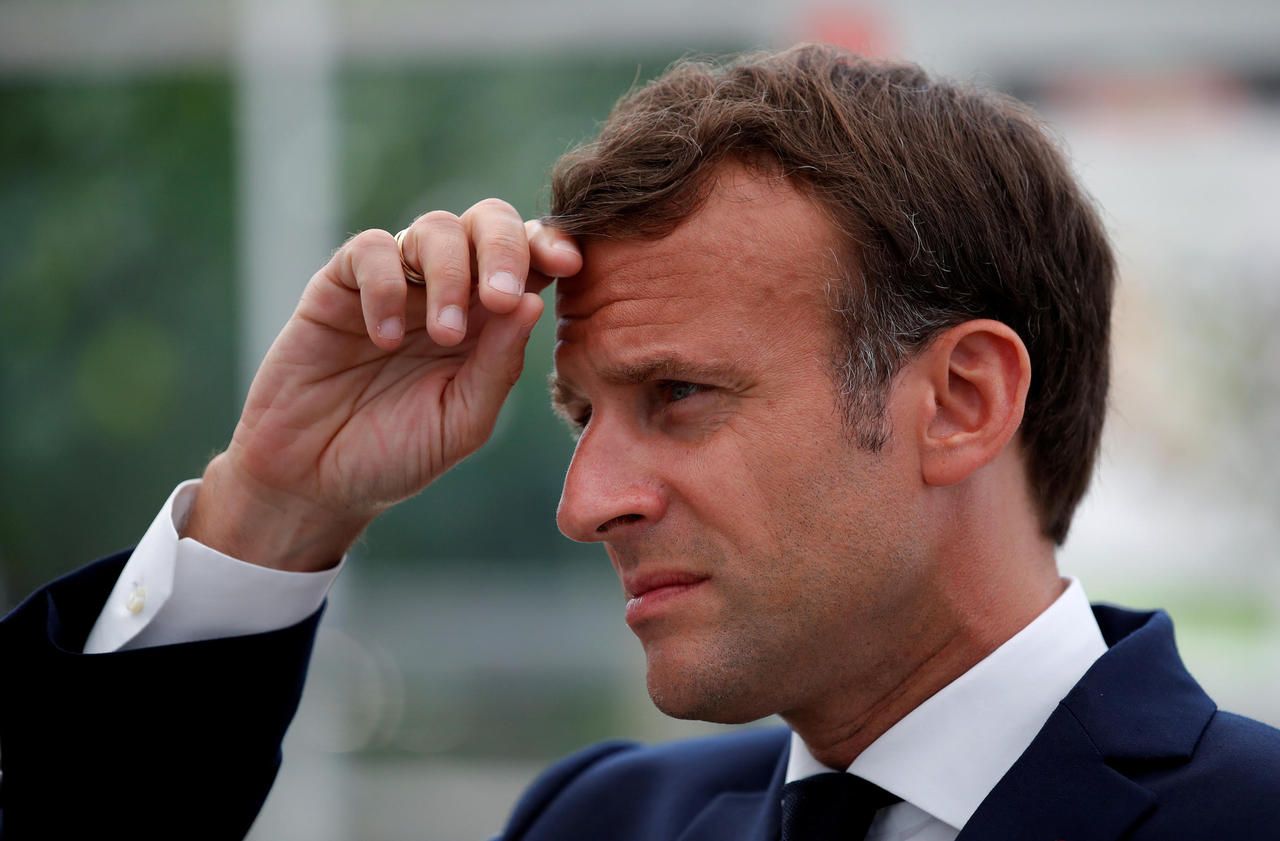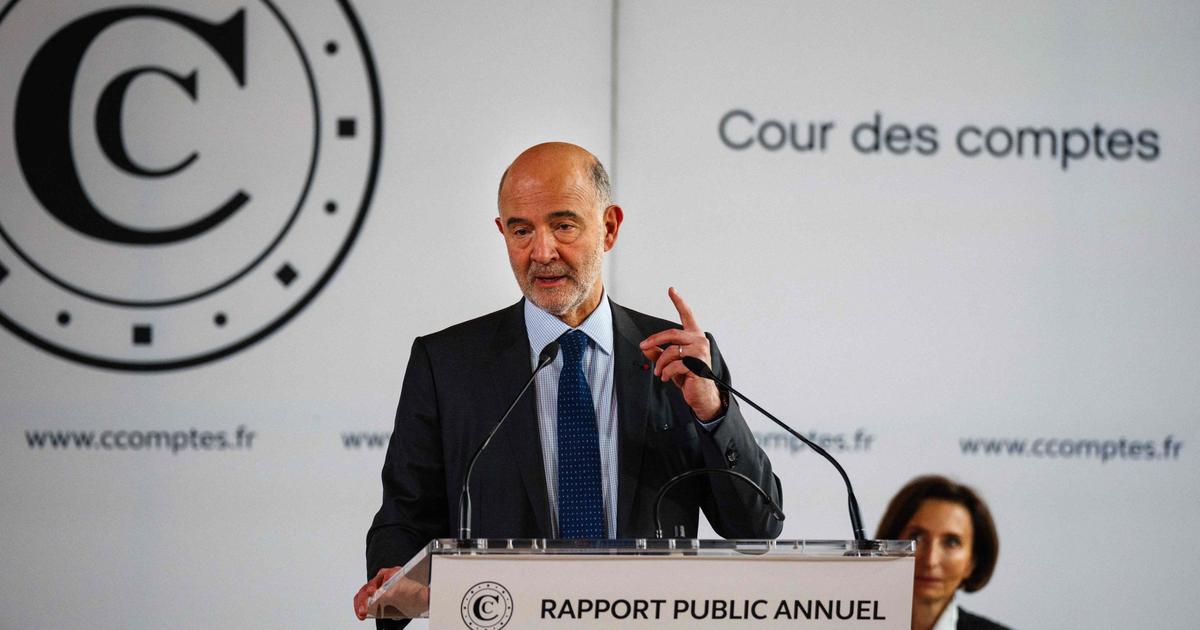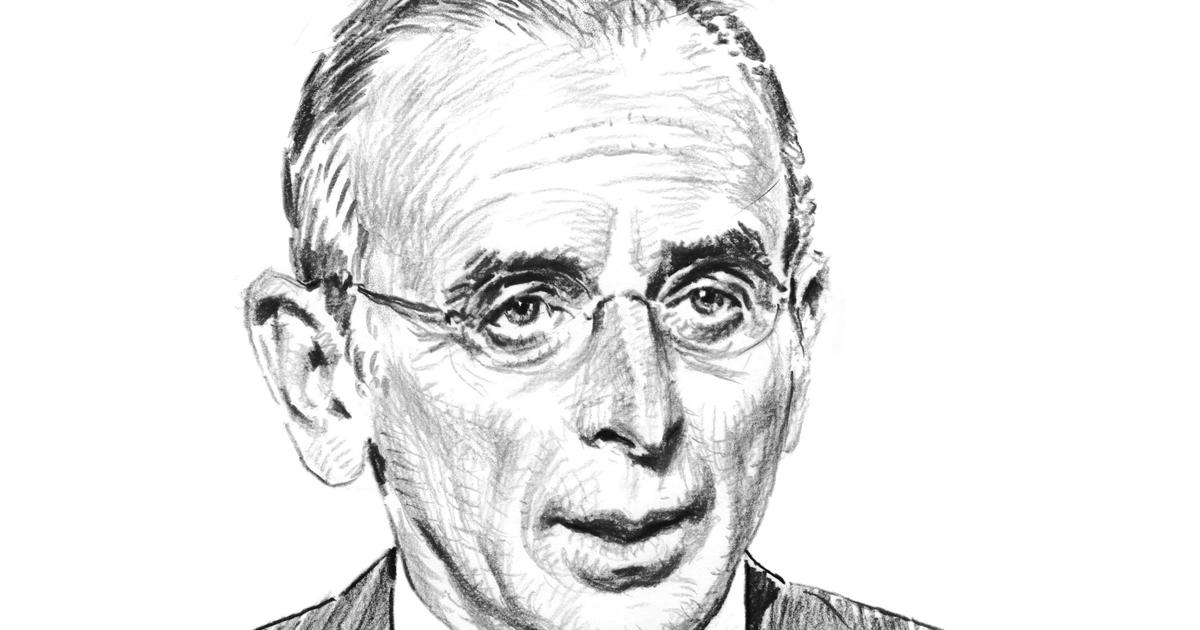The meeting took place Thursday evening in the office of Jean Castex.
An hour-long tete-a-tete with Pierre Moscovici, with broken sticks, while the President of the Court of Auditors published a report the day before on the drift of public accounts and debt.
And that the same morning sounded the alarm on Europe 1, proclaiming: "It is not serious to say that we will not repay the debt", because the French must know that "it is their money.
And that their children will pay tomorrow.
"
As the government releases billions of euros to help the country overcome the health and economic crisis, the burden is heavy.
She recalls that the subject is oh so sensitive for the President of the Republic, champion of "whatever the cost" when it was necessary to put the country under cover for the first time in the spring.
At what price?
A public debt which should exceed 120% of GDP in 2020, but the repeated promise that "taxes will not increase".
So who will pay?
“The issue should not be put under the rug.
If we do not address it, it is public opinion and of course our opponents who will remind us of it at the time of the next presidential election, ”warns a close friend of the Head of State.
He who, then a candidate in 2017, nevertheless advocated "serious budgeting so as not to bequeath an unsustainable debt to our children", which "would be irresponsible for future generations" ...
Of course, no one could have imagined at the time that the world would have to contend with such an epidemic.
"But it is not taboo to ask how we are going to get out of a very degraded situation", calls out Eric Woerth (LR), chairman of the Finance Committee at the National Assembly, who recalls that "the country's tax revenues will reach 225 billion euros at the end of the year, ie the equivalent of the state's deficit ”.
And who cares about the promise not to raise taxes.
Everyone keeps in mind in particular what François Hollande did, barely coming to power in 2012, to respond to the poor health of public finances, in particular because of the 2008 financial crisis: a draft amending budget discussed from the month of July following his election ... and taxes raised to 7.2 billion euros.
"The debt, we will pay it"
On the Bercy side, we get annoyed by this little music.
"The reality is that the housing tax has already been abolished for 80% of the French and that income taxes will have been reduced from 25 to 28 billion by the end of the five-year term", recalls the entourage by Bruno le Maire, who does not intend to send the message of any future increase in taxation on households and businesses.
“Economics is also psychology.
If we increase taxes, even by just a few billion, we run the risk of blocking the French, of slowing them down in their investments.
However, our bet is precisely to revive the economy through investment ”.
Hence the 100 billion released as part of the recovery plan.
Minister Delegate for Public Accounts, Olivier Dussopt recognizes that the subject must not be obscured: “The debt, we must talk about it.
It can be reimbursed over time and we are going to set up a working group in the coming weeks to make proposals.
It's a question of credibility, ”he says.
What Jean Castex himself confirms: “The debt, we will pay it, it is even a project that will require a language of truth and courage to clarify the situation and reassure the French.
I am personally committed to it, ”swears in a small committee the Prime Minister, who intends to learn the lessons of 2008 and“ above all not to increase taxes.
But the time has not yet come to talk about it, we must first get out of this crisis ”.









